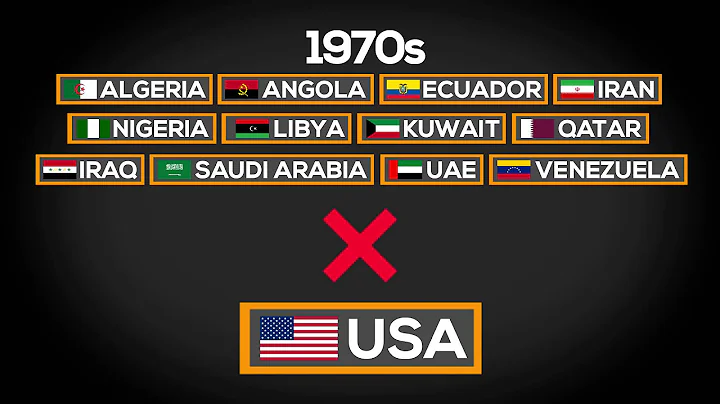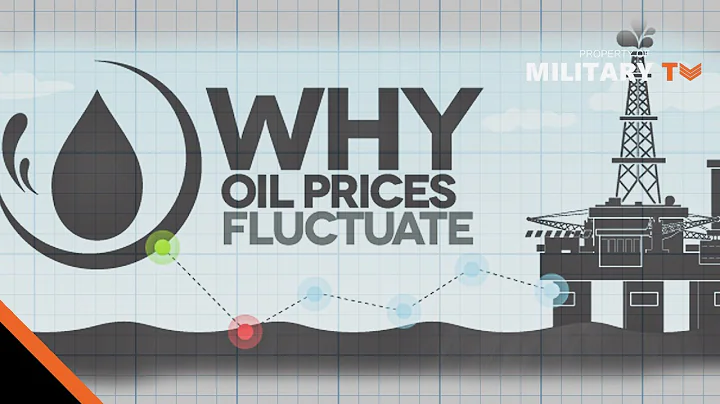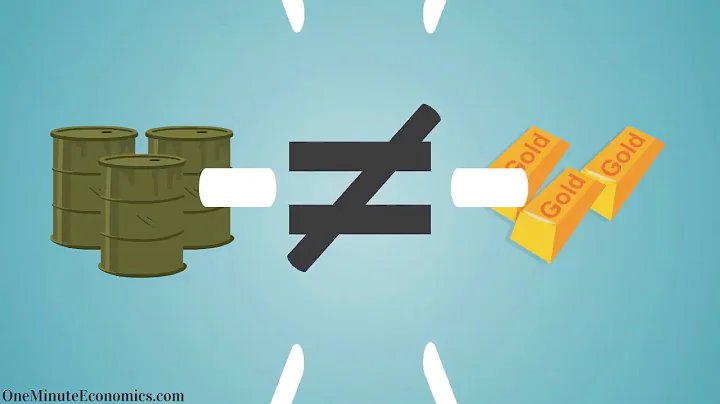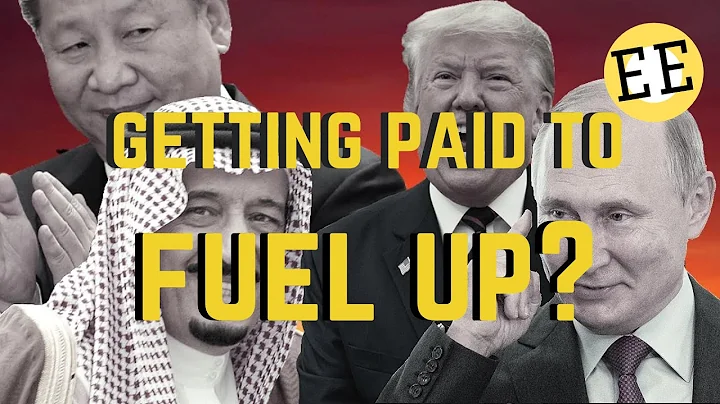21 Century Economic Report reporter Peng Qiang Beijing report
In order to reduce the energy consumption burden on consumers and the real economy, the National Development and Reform Commission stated that when international oil prices rise above US$130/barrel, domestic refined oil prices will no longer increase in the short term.
In order to take into account the interests of producers and consumers, protect the production enthusiasm of oil refining companies, and ensure the safe and stable supply of refined oil, the central government will provide corresponding price subsidies to oil refining companies for the unadjusted portion of refined oil prices.
International oil prices have exceeded the ceiling price, and domestic refined oil prices will not be raised for the time being.
html On the afternoon of June 29, the National Development and Reform Commission announced that in order to reduce the burden on downstream users and consumers and reduce the operating costs of the real economy, with the approval of the State Council, when the international oil price exceeds a barrel After the regulation cap is set at US$130, domestic refined oil prices will no longer increase in the short term (no more than two months). Subsequently, if the international oil price exceeds the regulatory upper limit of US$130 per barrel for more than two months in total, relevant policy measures will be clarified in advance.
Since the end of last year, the world's major energy prices have continued to remain high, and refined oil prices in many major economies have remained high, attracting attention from all walks of life. Since the beginning of this year, domestic refined oil retail price limits have gone through 12 rounds of price adjustments, with 10 increases and 2 decreases. According to calculations by commodity information agency Jin Lianchuang, after the latest round of price adjustments, the price of No. 92 gasoline in most areas of the country, except for a few areas, has remained at 9.0-9.1 yuan/liter, and the price of No. 0 diesel has remained at 8.75-8.85 yuan/liter. yuan/liter, still at a relatively high level.
Therefore, in the face of the continued rise in refined oil prices, the National Development and Reform Commission has clarified that domestic refined oil prices will not be raised temporarily when the international oil price exceeds 130 US dollars per barrel, which also allows consumers to temporarily breathe a sigh of relief. US$130/barrel is a "ceiling" price for domestic refined oil retail price adjustment, which is related to the current refined oil price mechanism.
China is a major oil producer as well as a major oil consumer. Domestic oil dependence on foreign oil exceeds 70%. Therefore, the adjustment of domestic refined oil prices is conditionally linked with international oil prices.
According to the current refined oil price mechanism, domestic refined oil prices change according to the price of crude oil in the international market (the average price of the 10 working days before the refined oil price adjustment date), and are adjusted every 10 working days. According to the relevant provisions of the " Petroleum Price Management Measures ", when the international oil price is lower than 40 US dollars per barrel, the maximum retail price of gasoline and diesel will not be reduced; when the international oil price exceeds the upper limit of 130 US dollars per barrel, the price of gasoline and diesel will not be reduced in principle. Mention it more or less.
It should be noted that when the oil price is lower than the "floor price" of 40 US dollars per barrel, the profit margin left by the unrefined oil price does not directly become corporate income, but is fully included in the oil price control risk reserve . The full amount will be turned over to the central treasury, which will be used to coordinate energy conservation and emission reduction, improve oil quality, ensure oil supply security, and provide funding sources for safeguard measures in response to sharp fluctuations in international oil prices.
Provide periodic price subsidies to oil refining companies
The National Development and Reform Commission stated that in order to protect the production enthusiasm of oil refining companies and ensure the safe and stable supply of refined oil, the central government will provide periodic price subsidies to oil refining companies. The subsidy standard is the price of gasoline and diesel during the price adjustment period. For the amount that should be adjusted but not adjusted, qualified oil refining companies can apply according to the process.
html On June 29, the official website of the Ministry of Finance issued the "Notice on Implementing Phased Price Subsidies after International Oil Prices Hit the Control Upper Limit," which clarified matters related to corresponding price subsidies for oil refining companies.
Many consumers may have doubts about subsidizing oil refining companies: crude oil prices also rose to historical highs in 2008, but domestic refined oil prices were only 6-7 yuan/liter at that time; now refined oil prices have risen to 9 yuan/liter How can oil refining companies still lose money nearby?
On May 30 this year, Sinopec , one of the most important domestic refined oil suppliers and the largest domestic refining and chemical company, posted an article on its official WeChat explaining: In 2008, there was a price difference between domestic refined oil products and international oil prices. "Inverted", in order to prevent high oil prices from being transmitted to various industries and causing rising prices across the country, the state subsidized a total of 165.2 billion yuan for three barrels of oil; at that time, the international oil price reached more than 140 US dollars per barrel, but domestic refined oil was based on 80-90 Sold at US$/barrel, if converted into price increases, the original price of refined oil would have exceeded 10 yuan/liter, but the final selling price was only 6.3 yuan/liter. The subsidy for car owners at the government level and the "Three Barrels of Oil" reached 4-5 yuan per liter of oil. Yuan.
After the implementation of the new price adjustment mechanism, the linkage between refined oil prices and international oil prices has increased significantly, and the situation of high crude oil prices and low refined oil prices as in 2008 will no longer occur.
Therefore, if the international oil price rises above US$130/barrel, the production costs of oil refining companies will continue to rise; and the part that should not be adjusted in the price of refined oil will bring some losses, and this part will be paid by the central finance Provide periodic price subsidies.
The Ministry of Finance stated that the targets of this subsidy are refined oil production and operation enterprises that produce, entrust processing and import gasoline and diesel within the country, referred to as refineries. Calculated based on a period of 10 working days (corresponding to the refined oil price adjustment window), the subsidy standard is the amount that should be adjusted before the maximum retail price limit of gasoline and diesel during the period; the subsidy amount is the actual amount of gasoline and diesel sold by the refinery during the period Sales volume is calculated based on the actual sales volume of gasoline and diesel for which the enterprise pays consumption tax.
The Ministry of Finance pointed out that the central enterprise group is responsible for organizing its affiliated oil refining companies to declare subsidy funds, and the financial departments of each province (autonomous region and city) are responsible for organizing local oil refining companies to declare subsidy funds in accordance with the territorial principle. Refining companies are not allowed to apply for subsidy funds twice; in addition, each oil refining company It is also necessary to fill in the company information in a timely manner and fill in the actual sales data periodically.
The Ministry of Finance stated that oil refining companies should actively accept the supervision and inspection of the finance and development and reform departments and the audit supervision of the audit agency . Enterprises that use fraud and other means to defraud financial subsidy funds will be disqualified from applying and the allocated subsidies will be recovered. funds.
For more content, please download 21 Finance APP





















